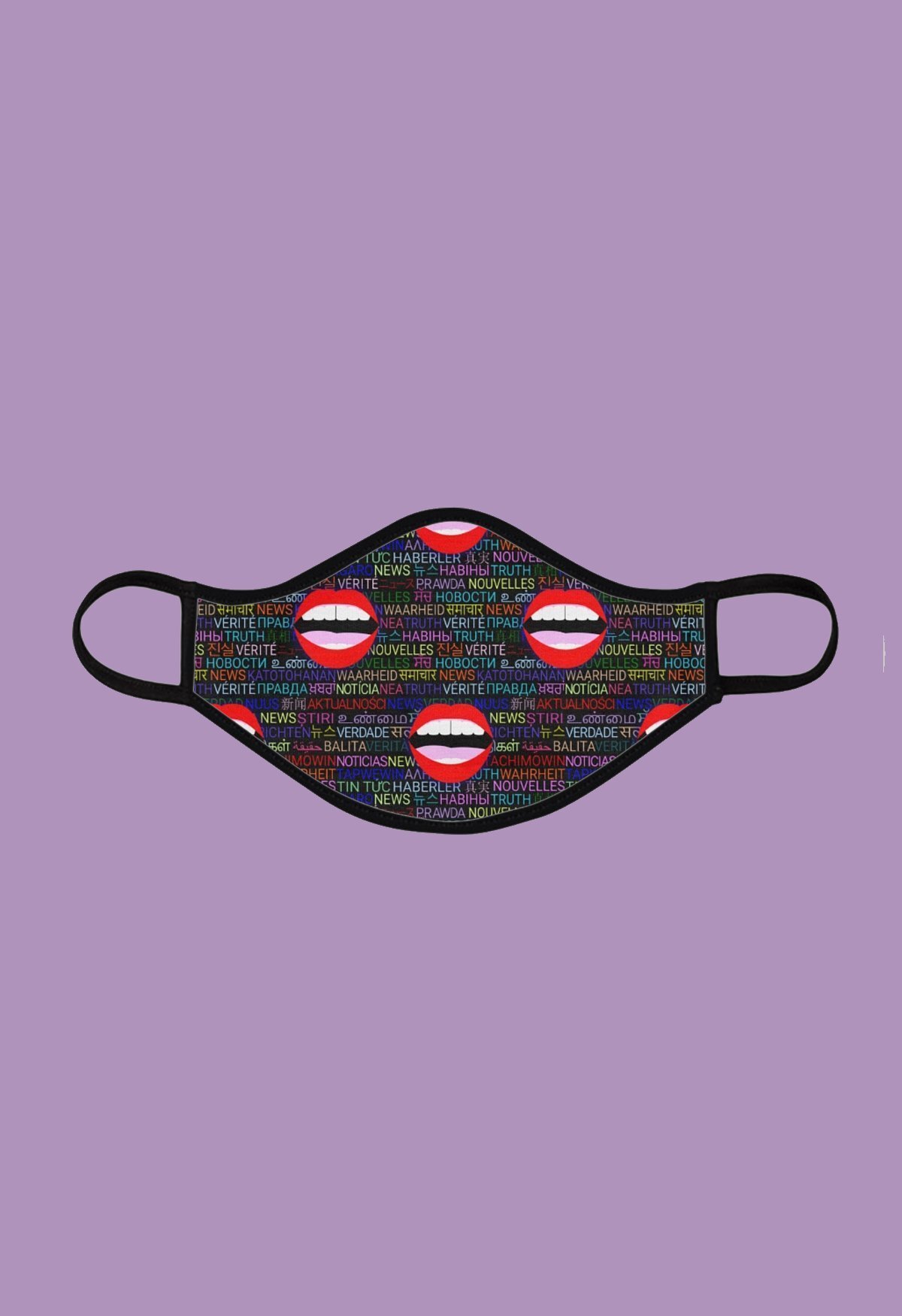While the fashion industry traditionally relies on in-person interaction, whether that be in-person shopping or physical shows, the COVID-19 pandemic has forced the industry to look to innovation and digital strategy
By, Samreen Maqsood
COVID-19 is gravely impacting the fashion industry. Well-known Canadian brands like Aldo, SwimCo and La Chateau have begun shuttering operations while other retailers like Menodinco have shifted their focus to e-commerce.
Despite several of Canada’s favourite brand-named stores and fashion lines shuttering amidst the pandemic, support for local businesses and designers has significantly increased as consumers become more conscious of spending habits and sustainability.
Bag of Toronto, a campaign launched by Nick Milum and Derek Liu to help support local businesses, has received a lot of love from the city of Toronto. The service allows users to pick which neighbourhood they want to support - Bloordale, Queen West, Bloorcourt, Ossington, or College Promenade - and for $60, their bags then get filled up with eight surprise products, ranging from fashion to self-care to gift items from that area.
“Ideally we’re going to be able to redirect revenue to these local businesses,” said Milum. For the small businesses Bag of Toronto supports, the service has become a part of their pandemic recovery.
While supporting independent Canadian brands may be more expensive due to inventory being hand-selected and, oftentimes, homemade, some potential consumers may have an “excess of disposable income right now,” to support local brands according to Danielle Suppa, the Owner and Creative Director of SOUVENIR.
Suppa said SOUVENIR, a gallery-inspired pop-up shop dedicated to showcasing various works of designers and creators, has switched their focus to lounge-style pieces like resort and sleep wear. This year, she wanted to execute a launch dedicated to fashion and a shift towards accessories. “Fashion always reflects the times but also provides escape and fantasy, so you can spend accordingly. I think a level of ease is important right now,” said Suppa.
“I wasn’t comfortable taking any more risks with everything being so uncertain, especially in the beginning,” said Suppa who noted that she also misses the ease and comfort of the in-store shopping experience. “To truly appreciate and love well made, beautiful clothing, it has to be in person so you can gauge fit, feel the fabrics and see the silhouette,” she said.
Suppa noted that virtual shopping can also be fun with “the virtual aspect allowing for a beautiful layer of storytelling to be added on, with the aid of a great model and compelling visual imagery/copy.” Though, she warned that “visual overload” and “constant scrolling” can lead to fashion being consumed at an increasingly high rate which has economic and environmental implications.
Despite this, research from Opstart reveals that 49 per cent of Canadians find online shopping more convenient than in-store. This number has been increasing over the years with CBC reporting that e-commerce sales increased 63.8 per cent in April 2020 amidst the pandemic.
“As a new mom and someone who isn’t willing to go out to stores long enough, I prefer online shopping just because of the convenience,” said Mariam Nouser, a second-year journalism student at Ryerson University who, despite loving in-person shopping, does not find it safe anymore to walk around the malls during a pandemic with a newborn child.
It is not just owners and consumers that have been impacted by COVID-19, the whole industry and business model have had to adapt to COVID-19 - this includes fashion shows and trends.
Julie Gilhart, chief development officer of Tomorrow Consulting, said in a Vogue interview that “physical shows are great for localized businesses, but the fashion world at large is still needing innovative digital ‘to travel’ to the different markets,”
Fashion Art Toronto recently exemplified this innovation in their first-ever virtual fashion week, which featured the works of two Ryerson graduates. From Nov. 1 to 30th, Fashion Art Toronto will be presenting international runway fashion films and runway show films that were filmed during Virtual Fashion Week in early October.
Startup Fashion Week also switched to an online platform and offered a variety of digital events and in-person engagement in early October, including a partnership with the Immersive Van Gogh Exhibit for a virtual runway show held on Oct. 21.
Face masks have also emerged as the newest trend with many designers starting their own mask-focused fashion lines or including them in their inventories. While the initial panic buying for masks has lessened, businesses continue to design eye-catching masks for steady sales.
Toronto fashion designer Hilary MacMillan joined the wave of entrepreneurs selling face masks, but with a twist; gold or marble mask chains. “COVID has kind of pushed everyone into new directions and that’s the same with us,” said MacMillan.
MacMillan’s pearl drop mask chain featured on her website. (Hilary MacMillan via her website/CanCulture Magazine)
Toronto fashion designer Hayley Elsaesser also introduced face masks to her clothing brand HAYLEY ELSAESSER but only after a period of hesistian as she did not want to be viewed as “capitalizing off a pandemic.”
The masks were a hit and sold out in just a few hours after their initial launch. 20 per cent of the earnings were donated to the Food Banks Canada COVID-19 Response Fund.
One of Elsaesser’s masks on her website. (Hayley Elsaesser via her website/CanCulture Magazine)
Other retailers are concerned that the increase of face masks as a fashion trend may “wane off interest,” as the market becomes “overcrowded with similar products,” according to Joanne McNeish, an associate professor at Ryerson University specializing in marketing.
While the future remains unclear for some Canadian brands, it is a certainty that COVID-19 has reshaped the fashion industry with designers, sellers, consumers all feeling the effects differently. As Canada experiences its second surge of COVID-19 cases, how the fashion industry will react to market shifts remains to be seen.


